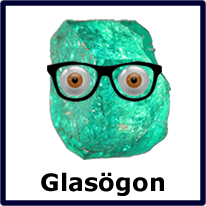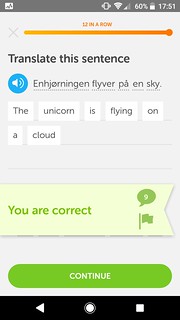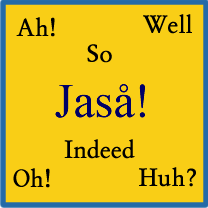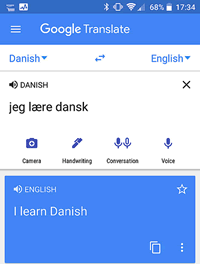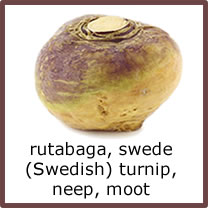
One of the words that came up in the French conversation group last night was rutabaga [ʁy.ta.ba.ɡa], a root vegetable that originated as a cross between the cabbage and the turnip, and that was possibly introduced from Sweden.
The word rutabaga was borrowed in 1799 from the Swedish word rotabagge, a dialect word from Västergötland in southern Sweden, from rot (root) and bagge (bag, short, stumpy object) [source].
This vegetable has a variety of names in different places:
- In botanical Latin it is brassica napobrassica
- In North America it is rutabaga, which is also used in French and Portuguese
- In the England, Australia, New Zealand it is swede (from “Swedish turnip”).
- In parts of northern England and the midlands, and in parts of Canada, it is a turnip.
- In north east England swedes are known colloquially as snadgers, snaggers or narkiesno
- In Wales it is swede or turnip in English, and as maip (Swedaidd), rwden, erfin, swedsen or swejen in Welsh.
- In Cornwall it is turnip in English, and routabaga in Cornish.
- In Scotland it is turnip in English, tumshie or neep in Scots, and snèap-Shuaineach (Swedish turnip / neep) in Scottish Gaelic. In parts of Scotland, particularly in the south east, it is baigie
- In the Isle of Man it is turnip or moot in English, and as napin Soolynagh (Swedish turnip) in Manx.
- In Ireland it is turnip in English and svaeid in Irish.
- In Swedish it is kålrot (“cabbage/kale root”)
What other names does this vegetable have?
Sources: Wikipedia, Am Faclair Beag, Gerlyver Kernewek, foclóir.ie, Online Manx Dictionary
